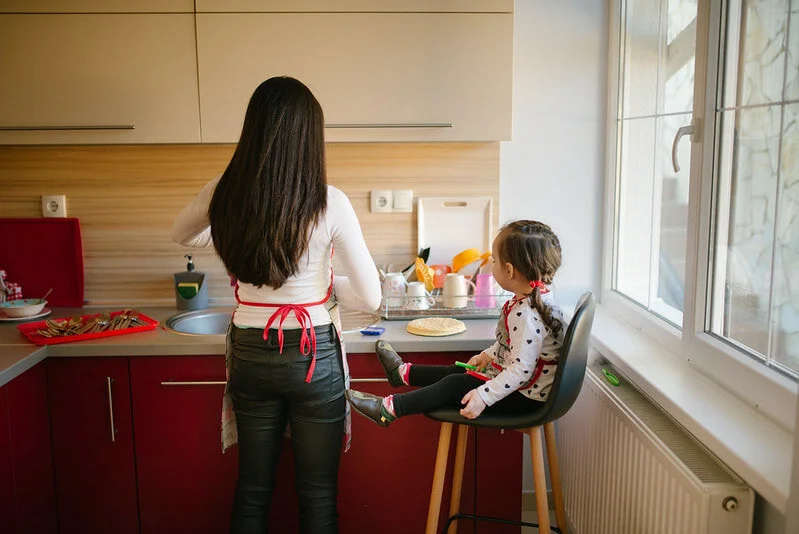Parenting during COVID-19: What is my core fear?
Try to identify the underlying fear behind your worry. What is that worst case scenario? Is it really so bad or is it really so likely?
Sometimes as parents, we don’t even want to admit the core fear behind our constant worries. Our fear is too big. Our fear is too dark. We can’t even process.
Fortunately, for most of us, our core fear is also very unlikely. Our brains systematically overestimate danger. We also habitually underestimate our ability and our child’s ability to cope with that danger.
When we do not confront our underlying fears, we deny our thinking brains the chance to evaluate the danger. Our fears remain in the region of instinct, the realm of amygdala-based reactions. I teach kids that this is their “reptile” brain. This part of the brain makes us act fast or keep alert. It keeps us safe during real danger. But it is not smart.
The amygdala does not think.
So when we ask ourselves these questions, we take the core fear out of its hiding spot in the amygdala. We bring our fear to the front of the brain. We ask ourselves, what would it look like if this catastrophe actually happened? How would I handle it? Would it be that dark, would it be that big, could I process it? We let our core fear have its day in court.
Fortunately, most critical thinking about core fears is deflating. When given the chance, we are able to comfort ourselves with logical thought. Our brains have the power to override the core fear. Especially when our fears are distorted (and they usually are!), we are able to change our emotions by changing our thoughts.
In this Parenting Anxiety blog series, I would like to offer some concrete new tools for parents to recognize and combat anxious thinking patterns in their children. While I will sometimes focus these articles on children’s lived experience of anxiety (often topically around virtual school and the pandemic), as a family therapist I have seen time and again how much parental modeling paves the way for or mitigates our own child’s anxiety. If you, the parent, are anxious, then let’s start there.
Learn about how CBT Therapy at South Boulder Counseling can help you here.

